About Mask Network (MASK)
Mask Network (MASK) enables users of popular social media platforms to interact with decentralized applications (DApps), send cryptocurrency, and share encrypted content. Through the MASK token, holders can participate in governance decisions via MaskDAO, a decentralized autonomous organization.
What is Mask Network (MASK) ?
Mask Network (MASK) is a protocol designed to bridge the gap between the traditional Web 2.0 (the current internet) and the decentralized Web 3.0. It provides users with the ability to send encrypted messages, interact with DApps, and share files securely in a decentralized way. Initially launched in July 2019, Mask Network began with the goal of enabling encryption for posts on major social media platforms. Over time, it has expanded to support additional features such as:
- Gitcoin grant campaigns directly from social media platforms
- Peer-to-peer payments
- Decentralized storage
Mask Network’s vision is to create a Decentralized Applet (DApplet) ecosystem that works on top of existing platforms, enabling decentralized functionality without requiring users to migrate from their current platforms.
How Does Mask Network Work (MASK)?
Mask Network operates by allowing users to create unlimited “personas”—each linked to a secp256k1 key pair (a cryptographic key pair used in public-key encryption). Users can share their public keys either through their social media profiles or within posts. Other users can then retrieve and store these public keys in their local Mask Network database, allowing them to map public keys to usernames.
For each post, Mask Network ensures end-to-end encryption:
- Posts are encrypted using AES256 in GCM mode (Authenticated Encryption with Associated Data).
- The AES key used to encrypt the post is itself encrypted with the public keys of the designated recipients using ECIES (Elliptic Curve Integrated Encryption Scheme).
- The encrypted AES keys are then synced to GunDB nodes, ensuring that all data is securely encrypted and decentralized.
This method ensures that only authorized recipients can decrypt and view the content, while all data remains private and tamper-proof.
What Are the Potential Use Cases for Mask Network (MASK)?
Mask Network has a broad range of potential use cases, especially in enhancing privacy and enabling decentralized interactions on traditional platforms:
- Encrypted Messaging: Users can send secure messages to friends or colleagues, ensuring their communications are private and protected.
- Cryptocurrency Transactions: Users can send and receive cryptocurrency directly through social media platforms, facilitating seamless peer-to-peer payments.
- File Sharing: Mask Network allows for secure, decentralized file sharing, ensuring that files are protected and not subject to centralized control.
- Interacting with DApps: Users can seamlessly interact with decentralized applications (DApps) directly within social media platforms.
- Support for Gitcoin Grants: The network supports Gitcoin grant campaigns, allowing users to contribute to open-source projects directly via social media.
- Decentralized Finance (DeFi) Apps: Mask Network aims to bring a suite of DeFi applications to social platforms, enabling users to:
- Send payments
- Trade tokens
- Borrow and lend assets
- Participate in public offerings
- Issue personal tokens
- Track portfolio performance
- Engage in event betting
Mask Network’s goal is to provide a next-generation personal finance experience without requiring users to leave their preferred platforms.
History of Mask Network (MASK)
Mask Network (MASK) was founded by Suji Yan, a cypherpunk advocate and the creator of Dimension.im, a project focused on social liberty. The network launched in July 2019, starting with the ability to encrypt social media posts.
In November 2020, Mask Network raised $2 million in funding, co-led by HashKey and Hash Global. This was followed by another round in February 2021, raising $3 million, with participation from Digital Currency Group and Fundamental Labs.
In February 2021, Mask Network launched its MASK token, which is governed by MaskDAO. Token holders participate in the decision-making process, with each MASK token representing one vote. The initial supply of 100,000,000 MASK tokens was created, and the remaining supply will be unlocked over the next three years.
Mask Network (MASK) provides a unique platform that enhances the functionality of traditional social media with decentralized features, offering secure messaging, cryptocurrency payments, and seamless interactions with DApps. As it continues to expand its capabilities, Mask Network aims to build a decentralized ecosystem over existing platforms, revolutionizing how users engage with both traditional and decentralized services.


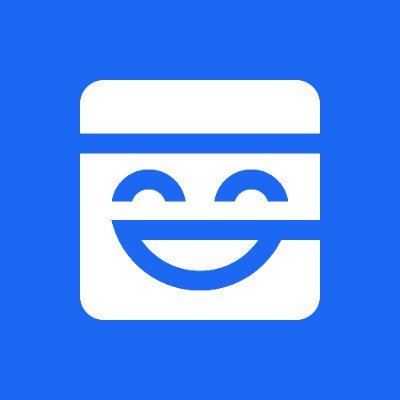
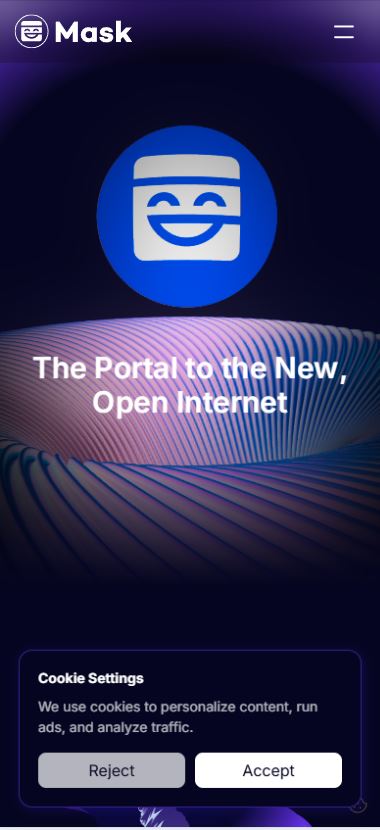
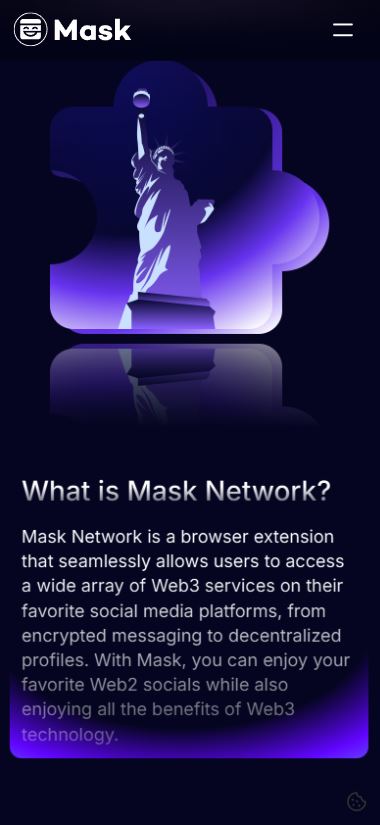
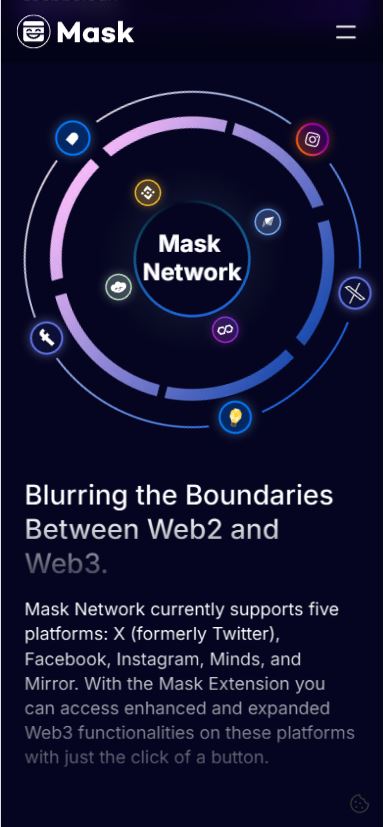
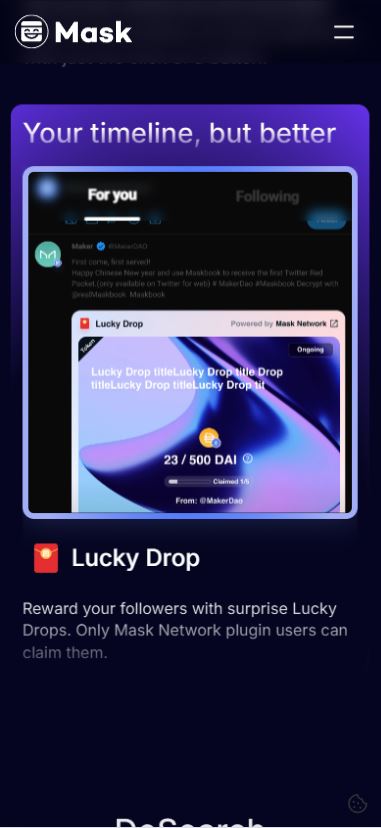
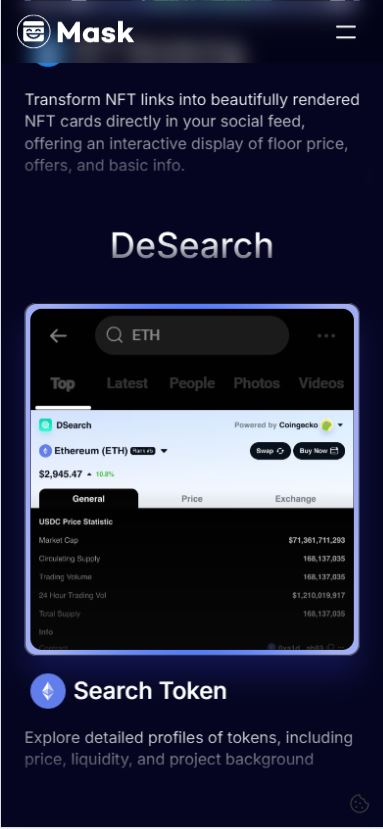
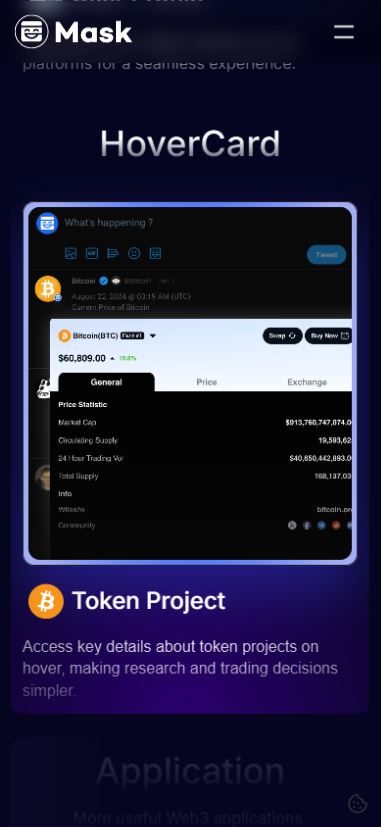
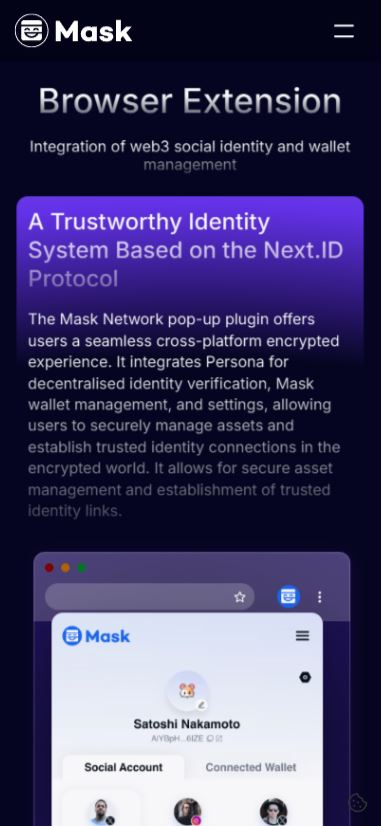
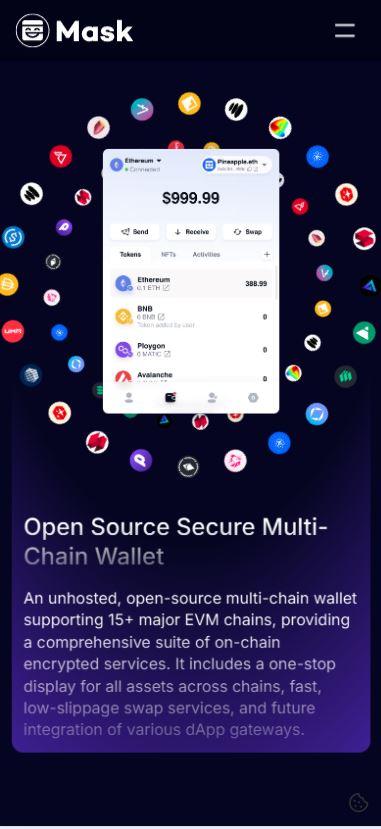



















Harran –
Web 2.0 and Web 3.0